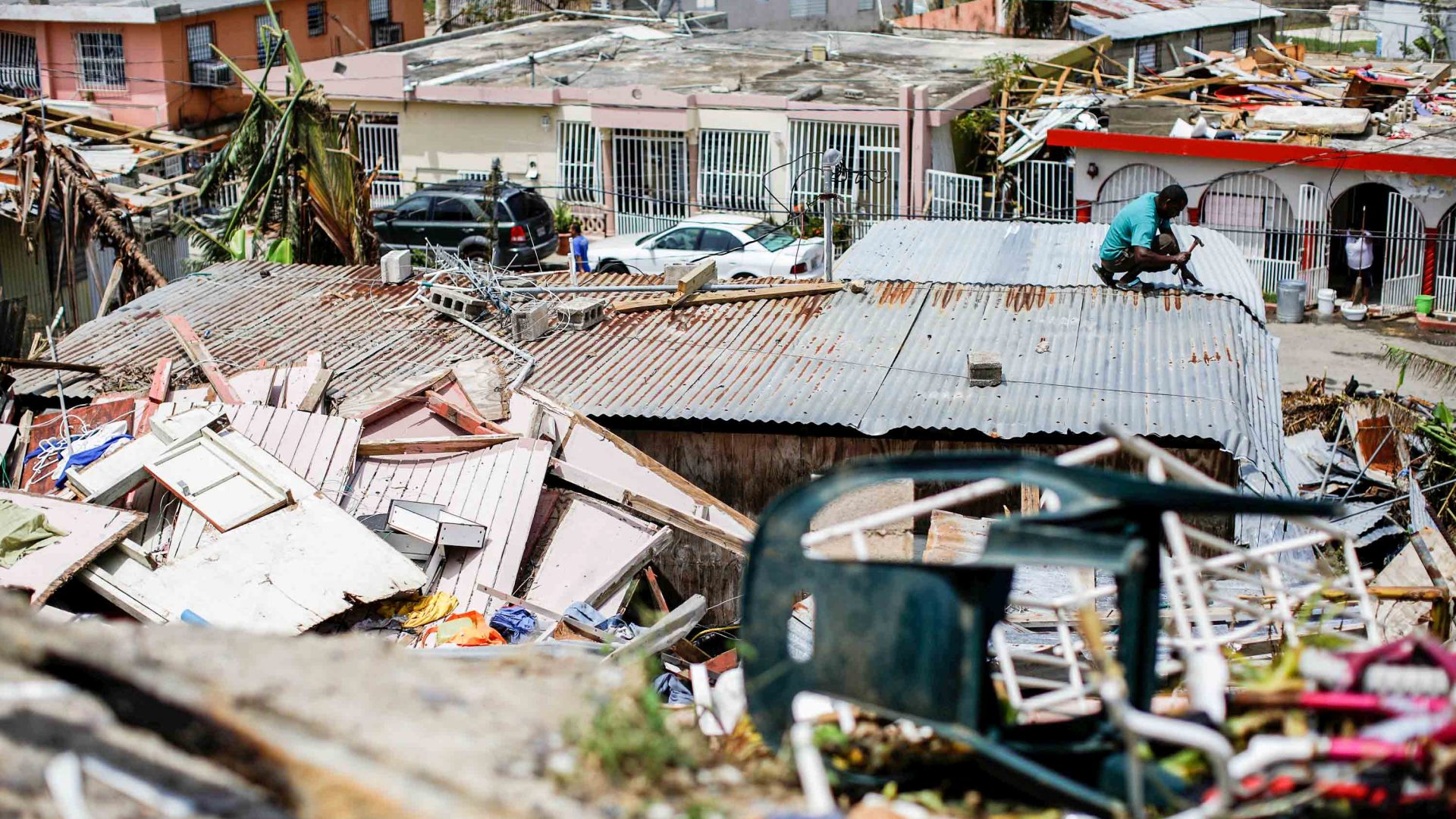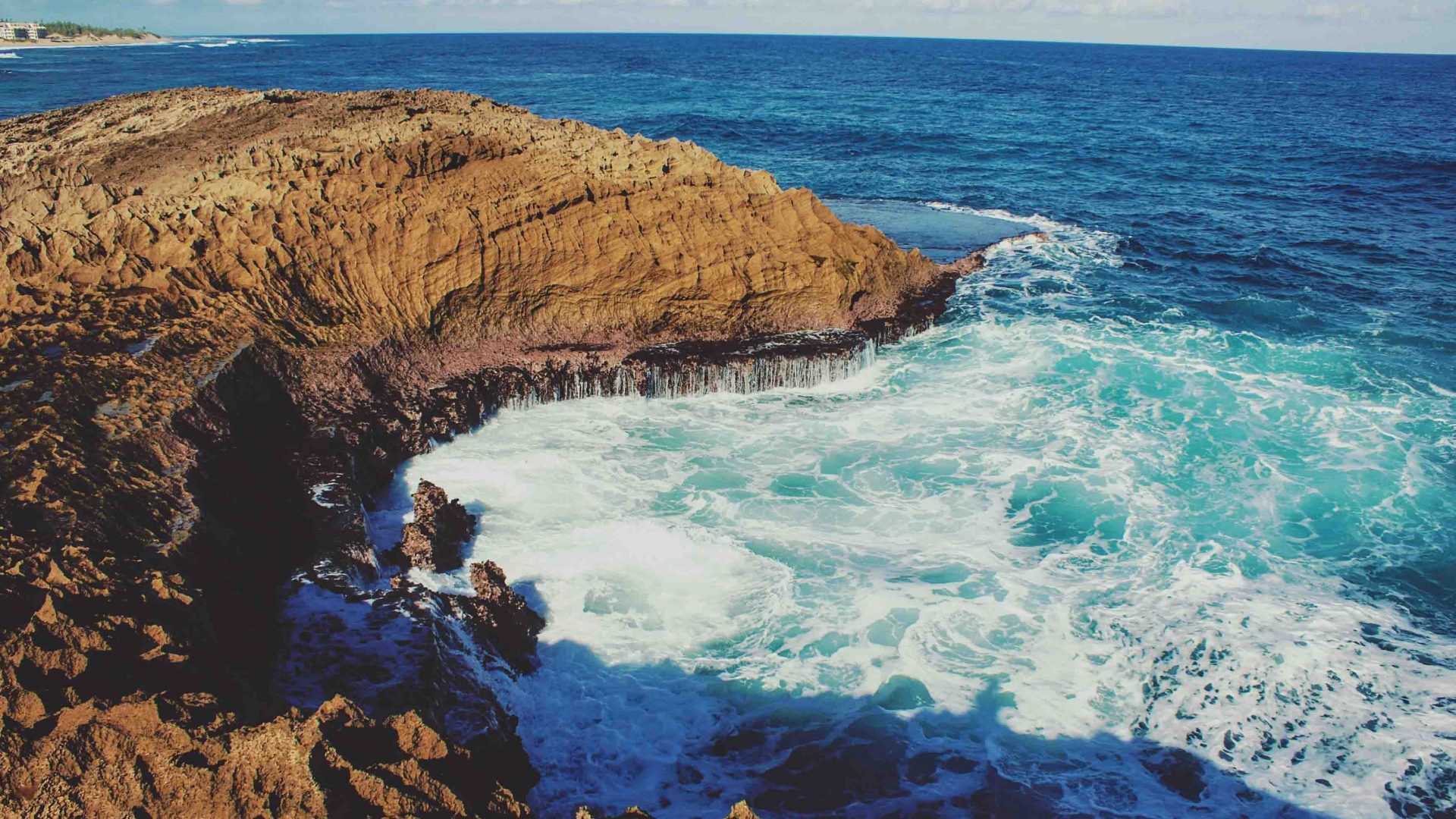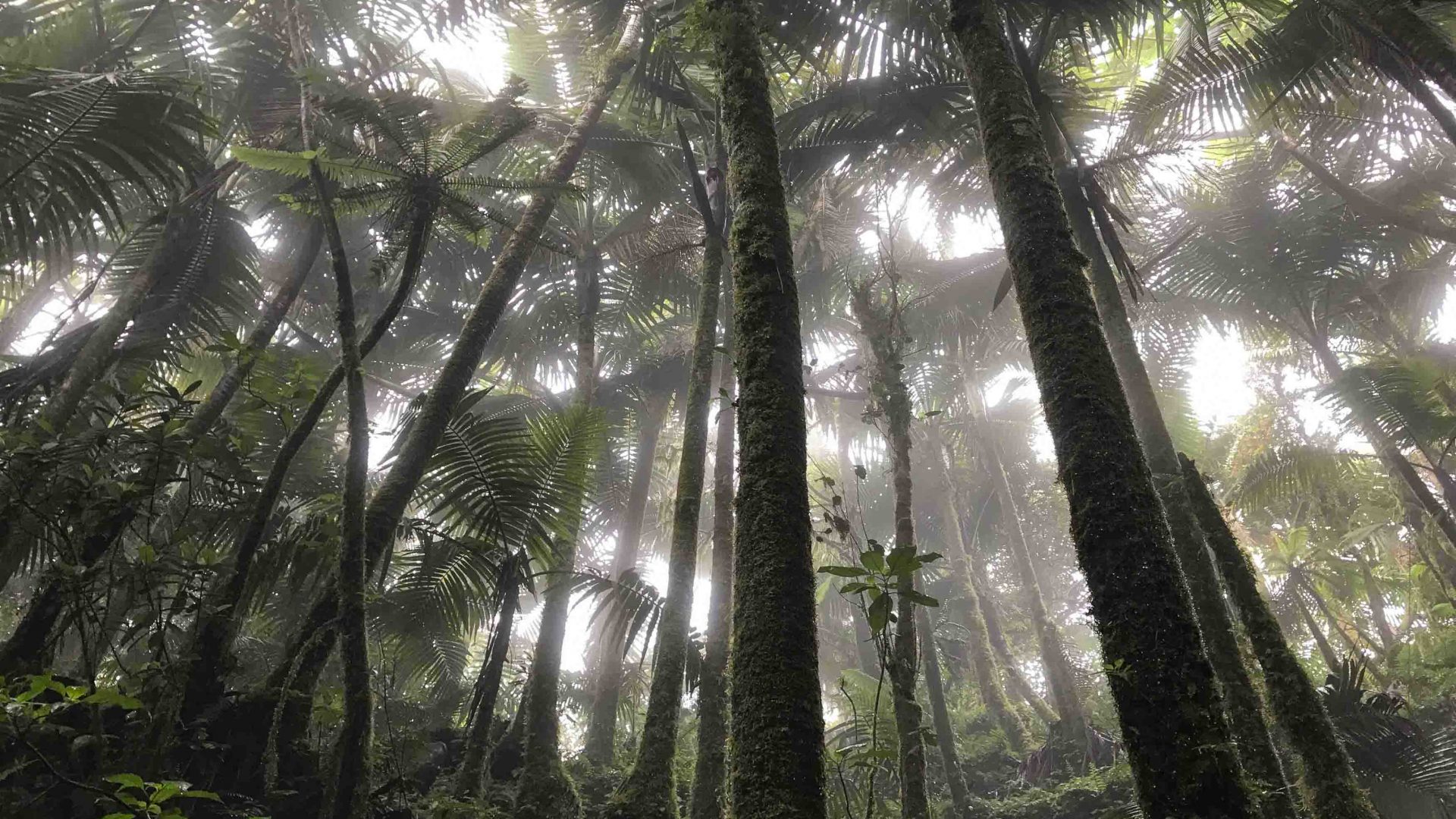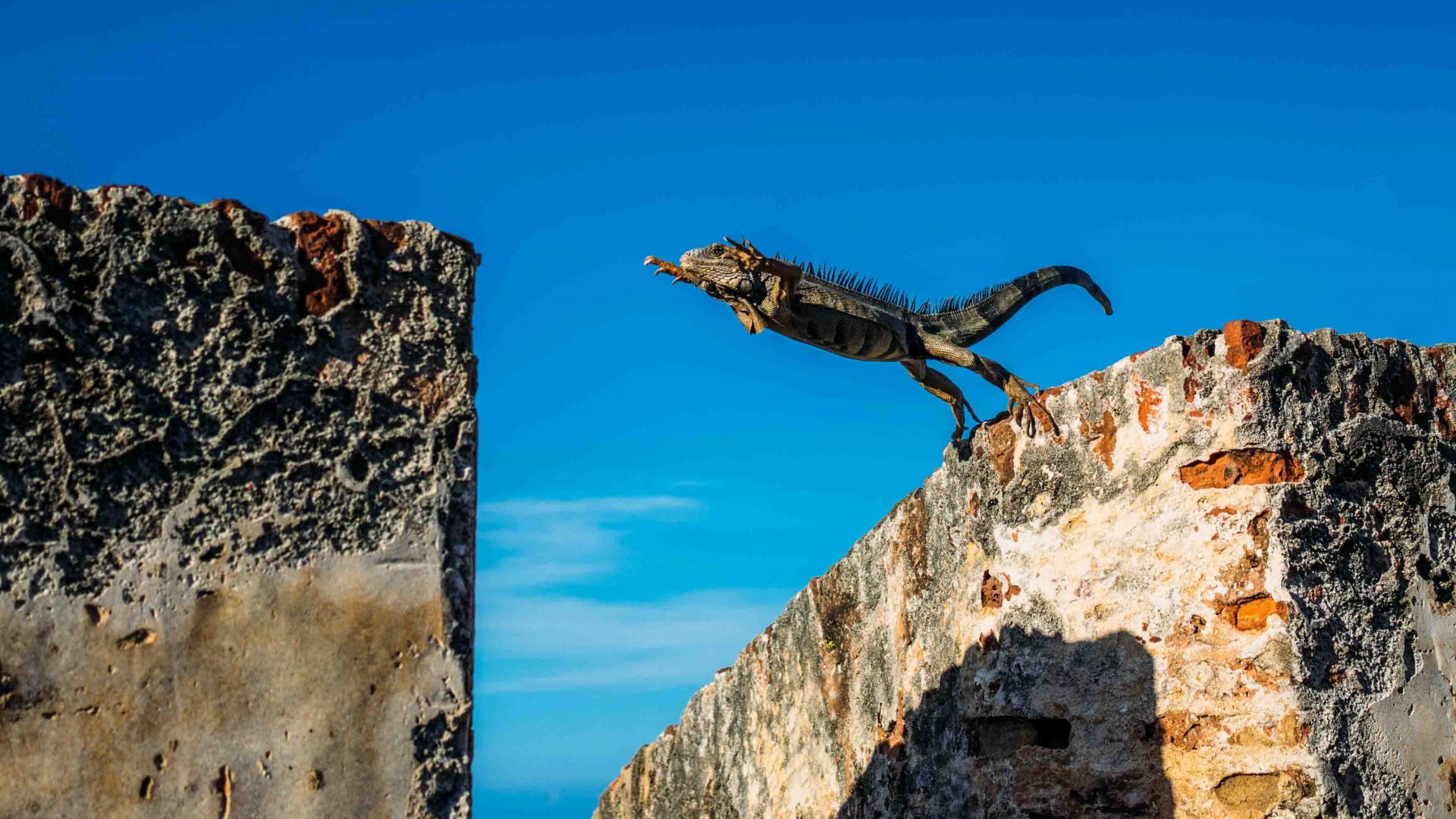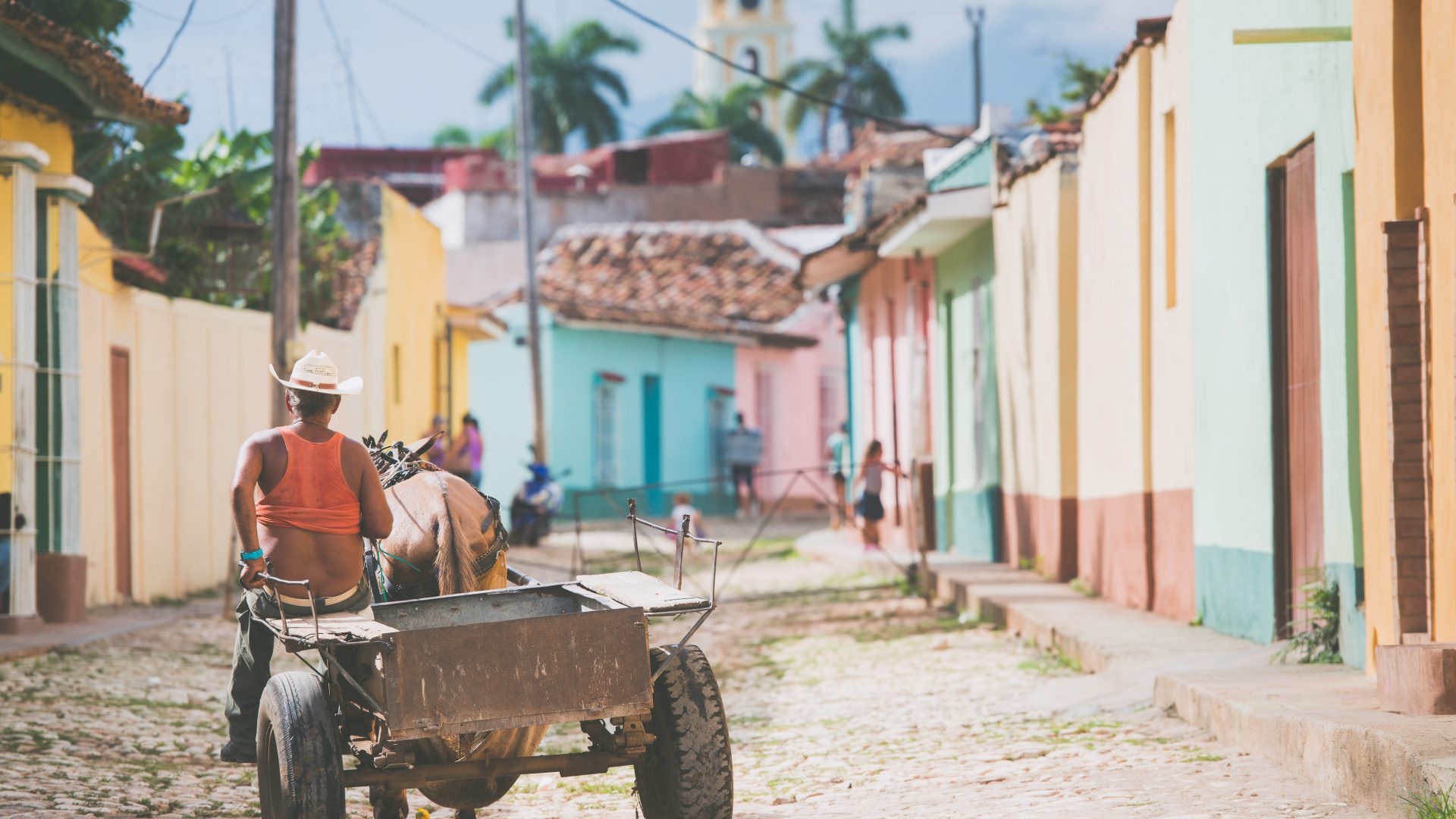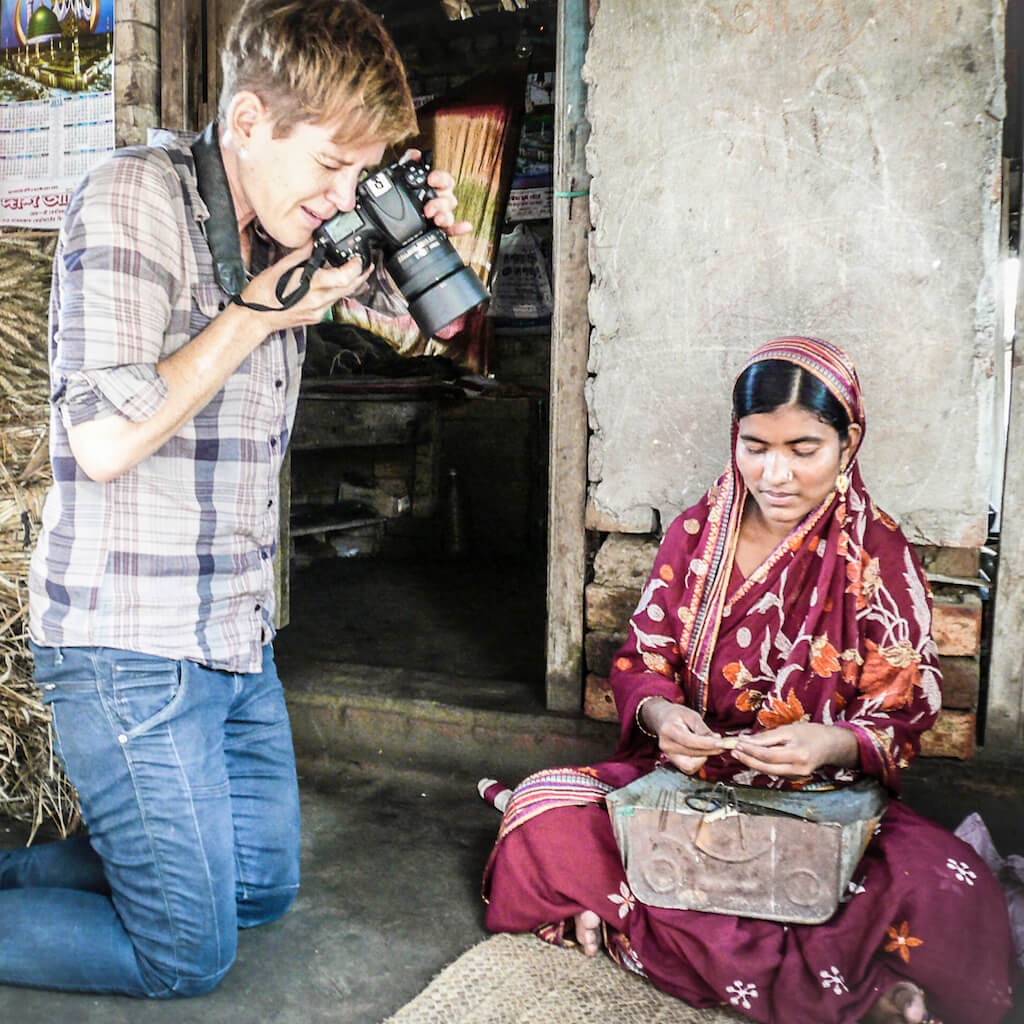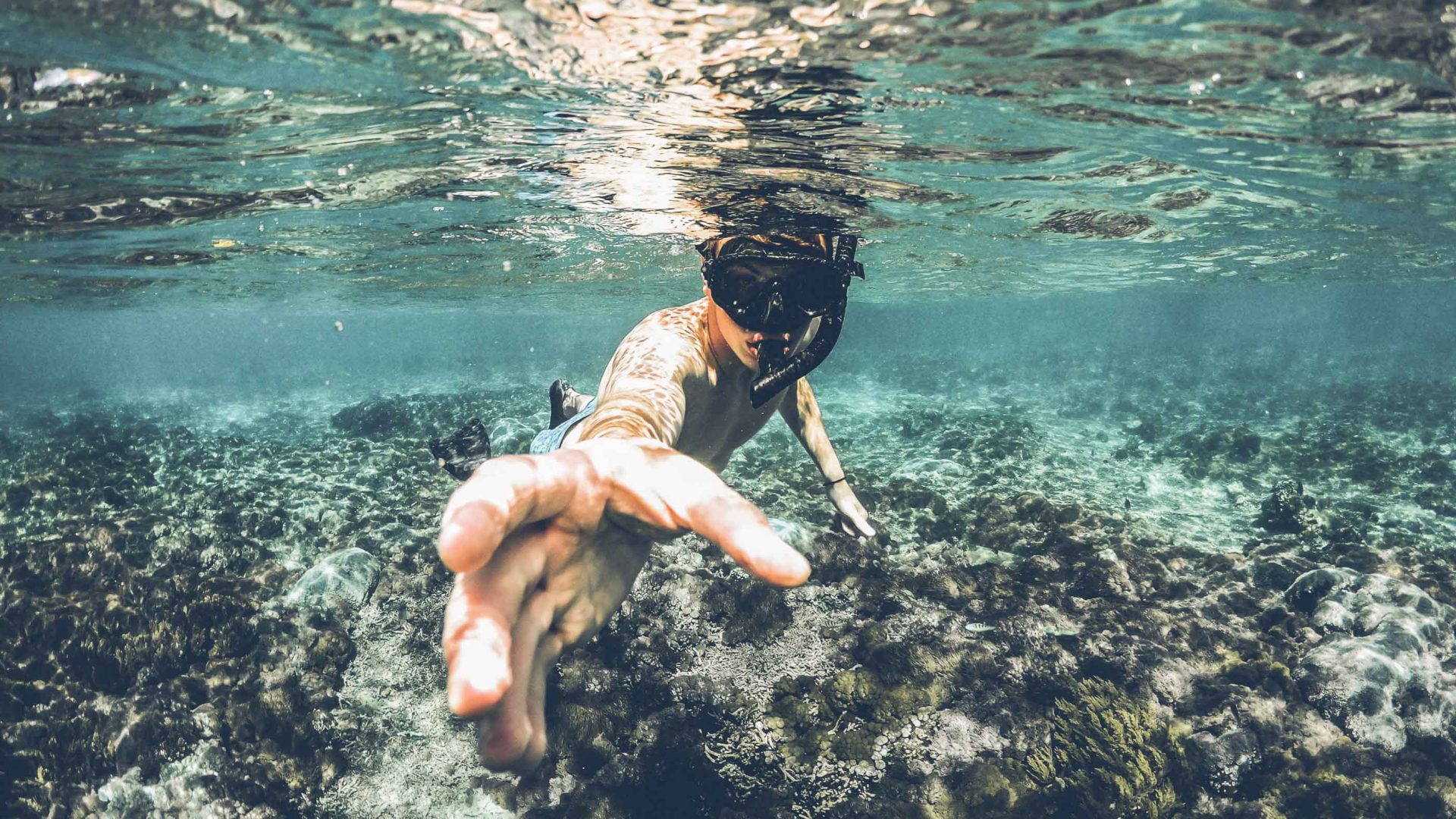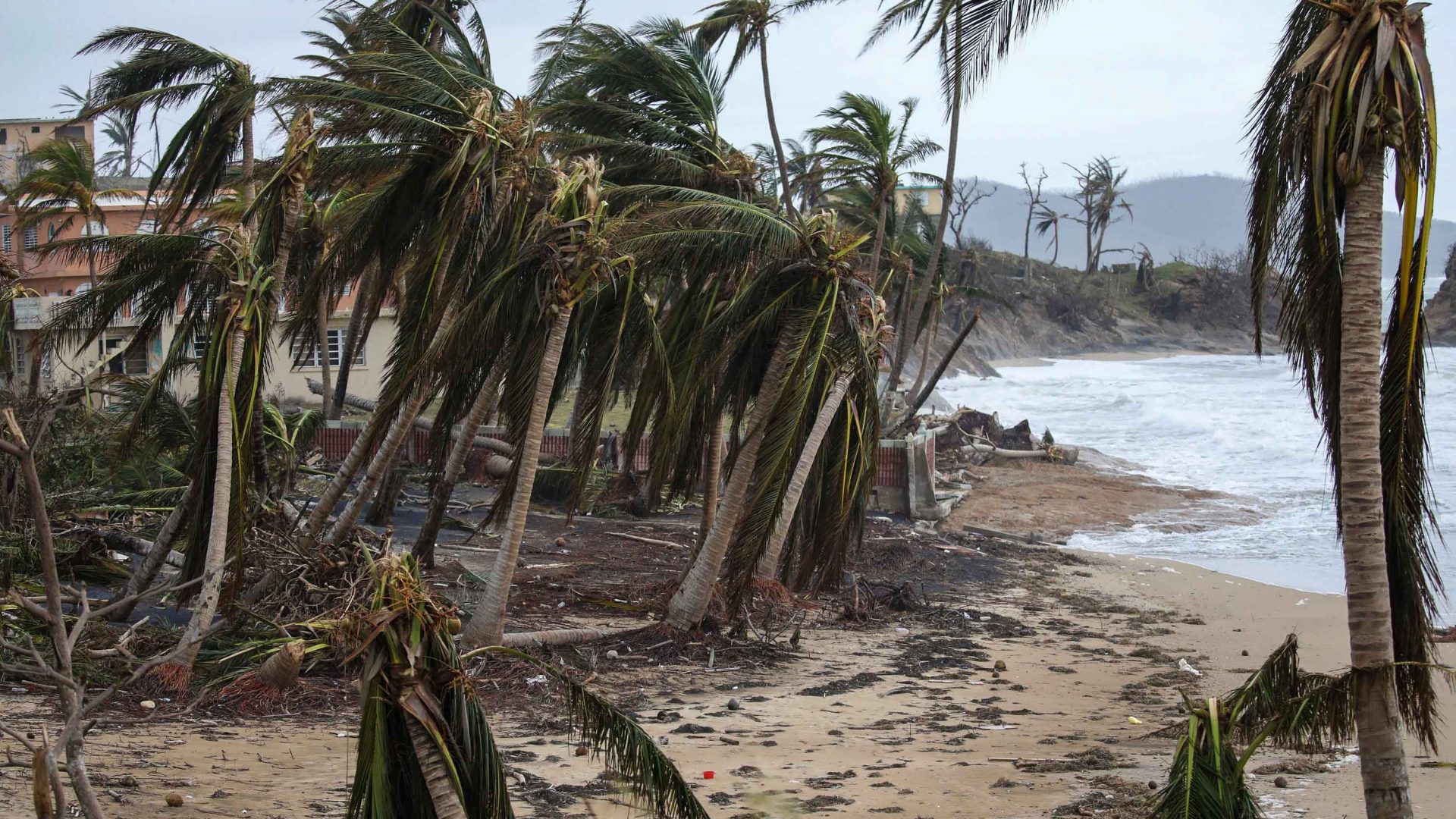
Along with other Caribbean islands, Puerto Rico has been utterly devastated by Hurricane Maria. The island that makes a living from tourism is already thinking: What will the hurricane mean for their already ravaged economy?
On the night of Tuesday, September 19, Paulina Salach Antonetti was, like most residents of Puerto Rico, battening down the hatches. She was worried about her home and her safety, but she was also worried about her business and, especially, about the five people she employs at Spoon Food Tours, her San Juan-based tour company that offers guided culinary excursions around the capital.
More than a week after Hurricane Maria made landfall, she still hadn’t heard from two of them.
Salach Antonetti had, however, heard from many other people. Her inbox was full of messages from American travelers. One of the few people on the island able to get online briefly—more than a week after the hurricane, the entire island remains without electricity and most telecommunications services—she had received numerous requests to cancel scheduled food tours.
“We’ve had no inquiries or bookings since the island was hit by Maria,” she says. “We’ve only had cancellations that so far, go through December. We’ve issued thousands of dollars in refunds and have no new bookings for 2017 or 2018.”

